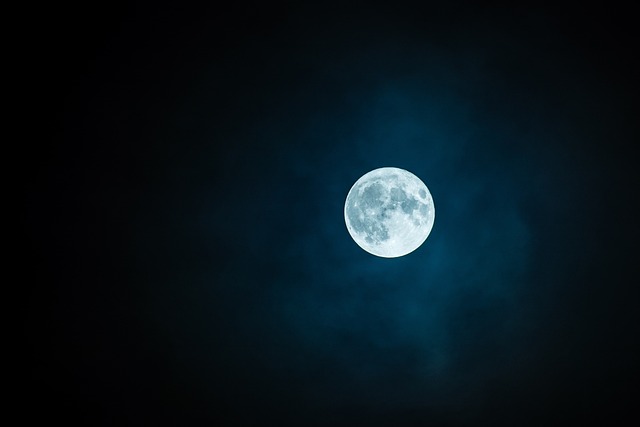What is a Full Moon and How does it affect me?
The full moon is a captivating celestial event that has fascinated people for centuries. It occurs when the moon is directly opposite the sun, with the Earth positioned between the two. As a result, the moon appears to be fully illuminated from our vantage point on Earth. The full moon is a time of wonder and mystery, often associated with various beliefs and superstitions.
Scientifically speaking, the full moon has some interesting effects on our planet and can even impact our personal lives. One of the most noticeable effects of a full moon is the increase in brightness during nighttime. The moonlight becomes more intense, casting a beautiful glow over the landscape. This illumination can be particularly striking when there is a snow cover or during a clear summer night.
Furthermore, the full moon has been linked to changes in animal behavior. Many species, such as certain fish and birds, rely on the moon as a navigational tool. The increased light during a full moon can help them find their way, leading to more active behaviors. In some instances, animals may even alter their mating and feeding habits in response to the lunar cycle.
But what about the impact of a full moon on humans? While scientific studies have not conclusively proven a direct influence, many people believe that the full moon affects their mood and behavior. Some individuals may experience heightened emotions, feelings of restlessness, or difficulty sleeping during this lunar phase.
One theory suggests that the moon’s gravitational pull during a full moon can affect the water in our bodies, much like it affects the tides in the ocean. Since our bodies are made up of approximately 60% water, it is plausible that the moon’s pull could have a subtle impact on us. However, the magnitude of this effect, if any, is still a subject of debate within the scientific community.
It is also important to acknowledge the cultural and historical significance associated with the full moon. Many ancient civilizations and cultures attributed mystical and spiritual properties to the moon, considering it a symbol of femininity, fertility, and illumination. In various mythologies, lunar deities were revered and worshipped, and rituals and celebrations were held during full moon nights.
Today, full moon parties and moonlit gatherings are still celebrated in many parts of the world. From beach festivals to yoga sessions, people come together to bask in the moon’s magical glow and harness its energy. Whether it is to experience a sense of community, connect with nature, or simply appreciate the beauty of the night sky, the full moon continues to captivate our collective imagination.
In conclusion, the full moon is a remarkable natural phenomenon that has both scientific and cultural significance. While it illuminates our nights and influences various aspects of the natural world, its impact on humans is still a subject of debate. Whether you believe in its effect or not, there is no denying the mystical allure that a full moon brings. So next time you find yourself beneath its mesmerizing glow, take a moment to appreciate the wonder of this celestial event.
